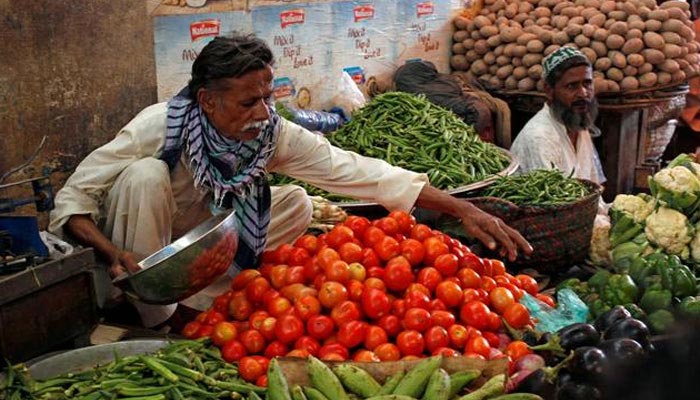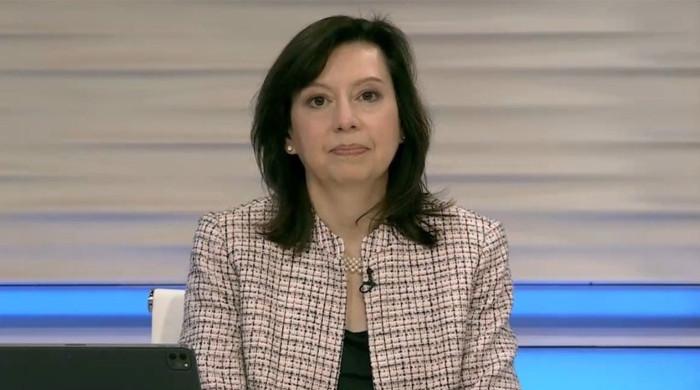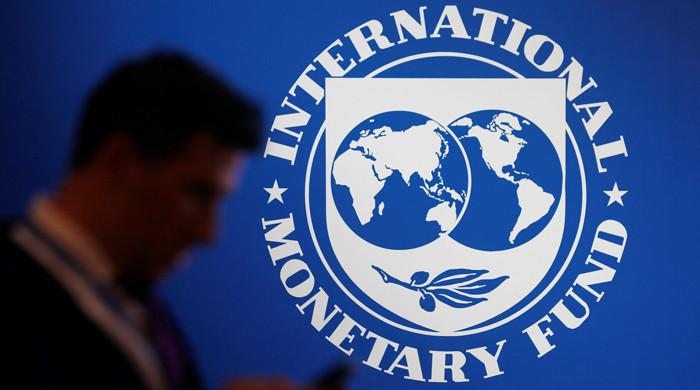Surge in inflation: Price of onions, tomatoes, 18 other items increase
Prices of 10 items, including wheat flour, pulse masoor decline; rates for 21 essential goods remain unchanged
September 30, 2022

- Prices of 10 items, including wheat flour, pulse masoor decline.
- Rates for 21 essential goods remain unchanged.
- SPI-based inflation rate rose 30.62% year-on-year.
KARACHI: After a respite of three weeks, the weekly inflation, based on the sensitive price index (SPI) rate rose owing to an increase in the price of essential vegetables.
The Pakistan Bureau of Statistics (PBS) on Friday reported that the SPI-based inflation rate rose 0.94% during the week ended September 29 compared to last week; meanwhile, it rose 30.62% compared to same period of last year.
Data released by the PBS showed that the average prices of 20 essential items, onions, tomatoes, tea and other items increased during the outgoing week.
Prices of 10 items, including wheat flour, pulse masoor, bananas have declined. Meanwhile, the rates for 21 essential goods remained unchanged.
The combined income group index went up from 205.98 points during the week that ended on September 22 to 209.18 points in the week under review.
The SPI for the lowest income group increased by 0.94% compared to the previous week. The index for the group stood at 205.13 points against 203.21 points in the previous week.
On weekly basis prices of following essential items rose:
Food items:
- Onions —47.77%
- Tomatoes — 30.29%
- Tea lipton — 2.50%
- Bread — 1.74%
Non-food items:
- Washing soap — 1.13%
On weekly basis prices of following essential items declined:
Food items:
- Wheat flour — -2.99%
- Pulse Masoor — -1.59%
- Bananas — -1.5%
- Cooking oil 5 litre tin — -1.12%
- Sugar — -0.6%
- Garlic — -2.50%
- Bread — -1.74%
Non-food items:
- LPG — -4.14%
SPI is computed on weekly basis to assess the price movements of essential commodities at a shorter interval of time to review the price situation in the country. It comprises 51 essential items and the prices are collected from 50 markets in 17 cities of the country.











